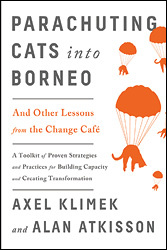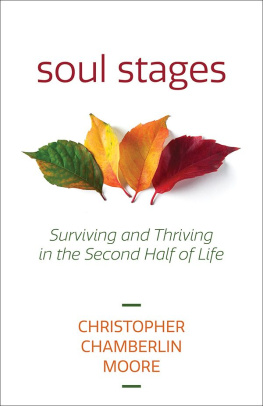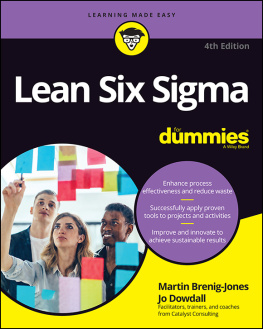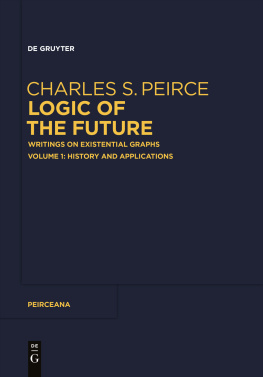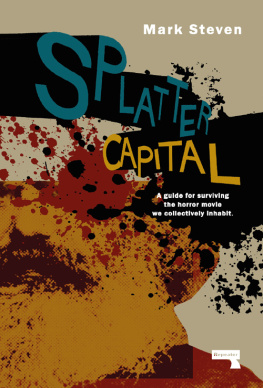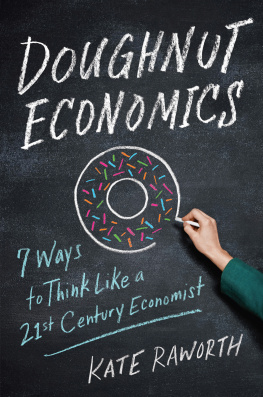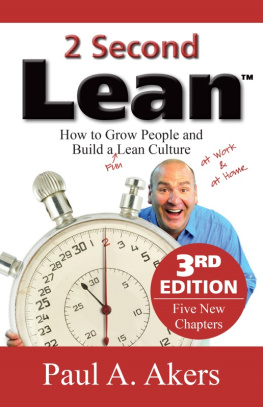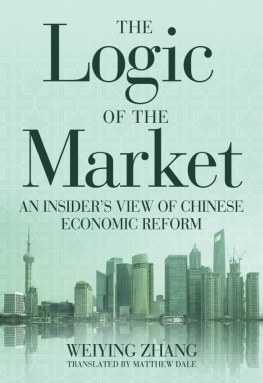PRAISE FOR SURVIVING THE FUTURE
Each time I encountered David Fleming, he left behind something whose value I was a little too slow to recognise. A sketch for Tradable Energy Quotas. A critique of the nuclear fuel cycle. And clearest in my memory: a slim working paper entitled The Lean Economy. It took me nearly a decade to respond properly to its call. In Surviving the Future , Fleming has left behind his greatest gift: a remarkable clarity of visiona way of seeing the world not just for what it is, but for what it might be. Hopefully, this time Im ready for it.
Tim Jackson , Professor of Sustainable Development, University of Surrey; author of Prosperity without Growth
David Fleming was an iconoclast in a time when orthodox thinking reasserted suffocating control. When many major environmental voices had, in effect, decided to go with the flow, accept the mainstream economy, and do their best to make it greener, David Fleming went the other way. His analysis told him that nothing short of a paradigm shift could ensure our collective survival, and he said so, loudly, without fear of being marginalised. His courage in saying unpopular things is clear in these writings, and we should all thank him. Without the uncompromising clarity of Davids writing, we would delude ourselves as to the scale and the immediacy with which we must reshape the economy and our lifestyles. Thank goodness his analysis can now be shared more widely.
Andrew Simms , codirector, New Weather Institute; fellow, New Economics Foundation; author of Cancel the Apocalypse
David Fleming predicts environmental catastrophe but also proposes a solution that stems from the real motives of people and not from some comprehensive political agenda. He writes lucidly and eloquently of the moral and spiritual qualities on which we might draw in our descent to a Lean Economy. His highly poetic description of these qualities is neither gloomy nor self-deceived but tranquil and inspiring. All environmental activists should read him and learn to think in his cultivated and nuanced way.
Roger Scruton , writer and philosopher; author of over thirty books, including Green Philosophy
David Fleming has laid out a logical, persuasive, and very readable pathway to dealing with the most crucial catastrophe we face: the double bind of growthif no growth the economy fails, if growth the economy fails. He illuminates the transition from the global city to habitats on a human scale and an economy organized around the rediscovery of community. If there will be any survival following the coming collapse, it will be through following the wisdom provided here.
Kirkpatrick Sale , author of Human Scale
Why do some of the truly great books only emerge and exact their influence upon us after the death of their authors? Perhaps it takes a lifetime to accrue and refine the necessary wisdom. Or perhaps it simply takes the rest of us too long to catch up. Like Thoreau, Flemings masterpiece brims not only with fresh insight into every nook and cranny of our culture and what it means to be human, but with such wit and humour that its challenging ideas and radical perspectives become a refreshing delight. If were to have a future worth surviving, this book demands to be read, re-read, andultimatelyacted upon.
Mark Boyle , author of The Moneyless Manifesto and Drinking Molotov Cocktails with Gandhi
Shaun Chamberlin has edited Flemings Lean Logic to a string of gems that refract the burning issues of our times.
Professor Alastair McIntosh , author of Soil and Soul and Poachers Pilgrimage
The end is nigh messages are a dime a dozen these days. Flemings work doesnt shy away from that, but its his vision of what could come nextand the potential richness, carnival, and culture of itthat I think is so rare and precious in these books. Less what we stand to lose and more what weve lost already and stand to regain if we do things right.
Jeremy Leggett , founder, Solarcentury and SolarAid; author of The Winning of the Carbon War
David Fleming was an elder of the UK green movement and a key figure in the early Green Party. Drawing on the heritage of Schumachers Small Is Beautiful , Flemings beautifully written and nourishing vision of a post-growth economics grounded in human-scale culture and communityrather than big financeis both inspiring and ever more topical.
Caroline Lucas MP , former leader, Green Party of England and Wales; former Member of the European Parliament
I cant say enough good things about this book. David Flemings keen interdisciplinary mind was at home in economics, history, and anthropology, so when he imagines the world beyond fossil fuels, the result is not just a schematic diagram but narrative with bone, sinew, flesh, and blood. This is how real human beings could and hopefully will respond to climate change and resource depletion.
Richard Heinberg , senior fellow, Post Carbon Institute
Copyright 2016 by The Estate of David Fleming
All rights reserved.
No part of this book may be transmitted or reproduced in any form by any means without permission in writing from the publisher.
Publishers note : In order to honor David Flemings voice, we have forgone our typical Chelsea Green house style, including using British grammar and spelling instead of American.
Developmental Editor: Shaun Chamberlin
Project Manager: Angela Boyle
Project Editor: Brianne Goodspeed
Indexer: Shaun Chamberlin
Designer: Melissa Jacobson
Printed in the United States of America.
First printing July, 2016.
10 9 8 7 6 5 4 3 2 1 16 17 18 19
Our Commitment to Green Publishing
Chelsea Green sees publishing as a tool for cultural change and ecological stewardship. We strive to align our book manufacturing practices with our editorial mission and to reduce the impact of our business enterprise in the environment. We print our books and catalogs on chlorine-free recycled paper, using vegetable-based inks whenever possible. This book may cost slightly more because it was printed on paper that contains recycled fiber, and we hope youll agree that its worth it. Chelsea Green is a member of the Green Press Initiative ( www.greenpressinitiative.org ), a nonprofit coalition of publishers, manufacturers, and authors working to protect the worlds endangered forests and conserve natural resources. Surviving the Future was printed on paper supplied by Edwards Brothers Malloy that contains 100 percent postconsumer recycled fiber.
Library of Congress Cataloging-in-Publication Data
Names: Fleming, David, author. | Chamberlin, Shaun, author.
Title: Surviving the future : culture, carnival and capital in the aftermath of the market economy / David Fleming, Shaun Chamberlin ; foreword by Rob Hopkins.
Description: White River Junction, Vermont : Chelsea Green Publishing, 2016.
Identifiers: LCCN 2016014663| ISBN 9781603586467 (paperback) | ISBN 9781603586474 (ebook)
Subjects: LCSH: Social history. | Environmental economics. | Sustainable development. | BISAC: SOCIAL SCIENCE / Future Studies. | BUSINESS & ECONOMICS / Environmental Economics. | PHILOSOPHY / Social. | HISTORY / Social History. | POLITICAL SCIENCE / Economic Conditions. | POLITICAL SCIENCE / History & Theory.
Classification: LCC HN18.3 .F54 2016 | DDC 306dc23
LC record available at https://lccn.loc.gov/2016014663
Chelsea Green Publishing
85 North Main Street, Suite 120
White River Junction, VT 05001

